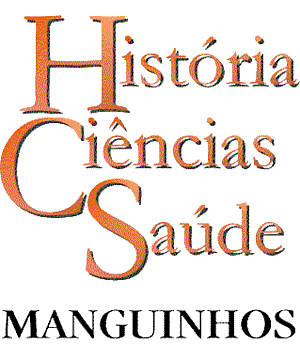The article examines the social and environmental thought of Armando Magalhães Corrêa (1889-1944) as expressed in his book O sertão carioca (1936). He was part of a generation of pioneer conservationists in Brazil who-contrary to what is generally believed-were able to bring the social and natural dimensions together, blending the need to defend nature with the imperative of improving the living conditions for people in Brazil's interior. Focusing on people residing in the rural outskirts of Rio de Janeiro city around 1930, Corrêa captures a microcosm that illustrates the social and cultural distances separating Brazilian urbanites and sertão dwellers. He provides clear descriptions of the natural world within a largely urbanized area that stretches from the Jacarepaguá lowlands to Pedra de Guaratiba. He explores the productive activities of the region's inhabitants and makes conservationist suggestions that were to influence governmental policy.
Rio de Janeiro; conservationism; Rio de Janeiro Natural Museum; natural resources; rural populations; urban expansion









